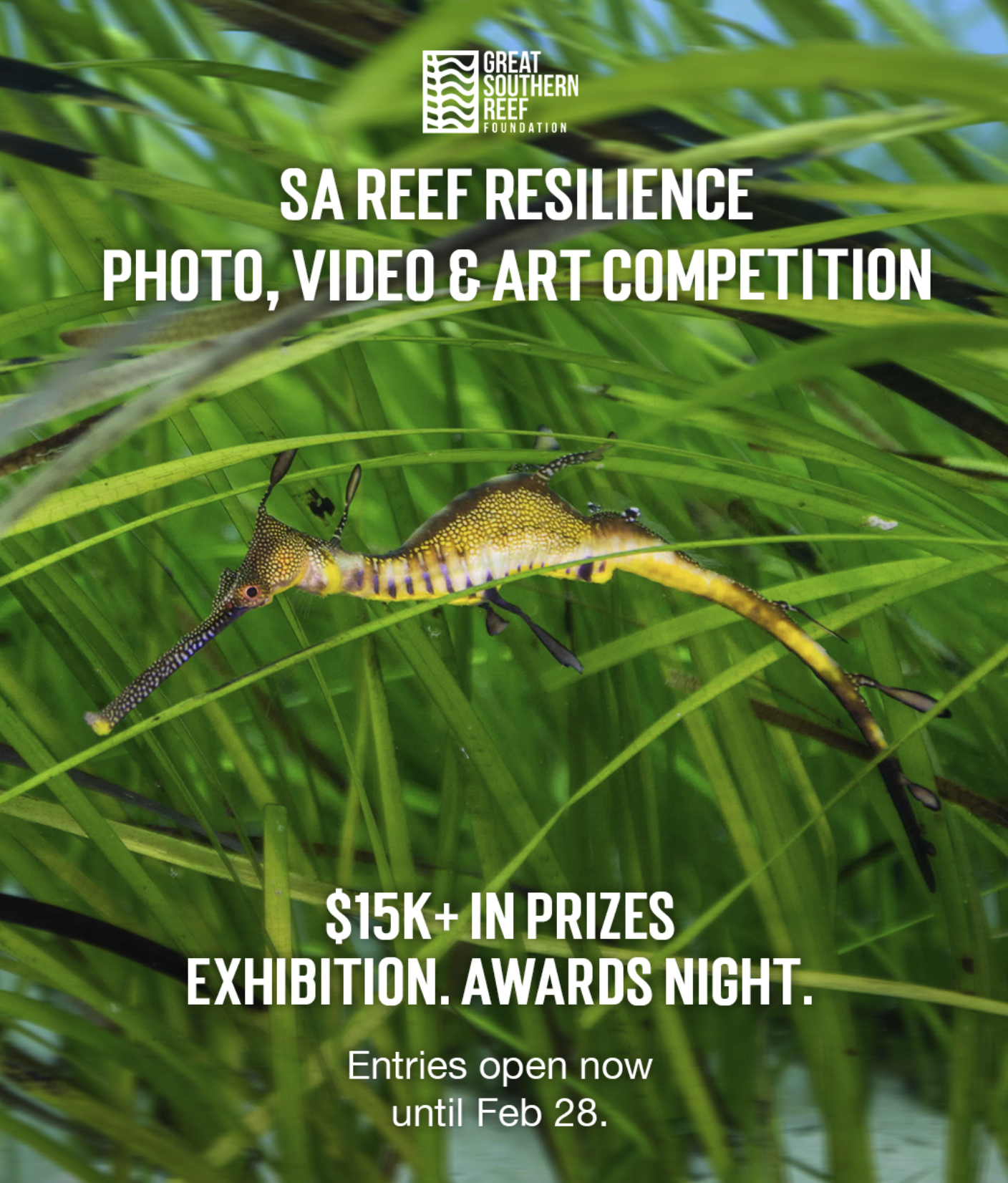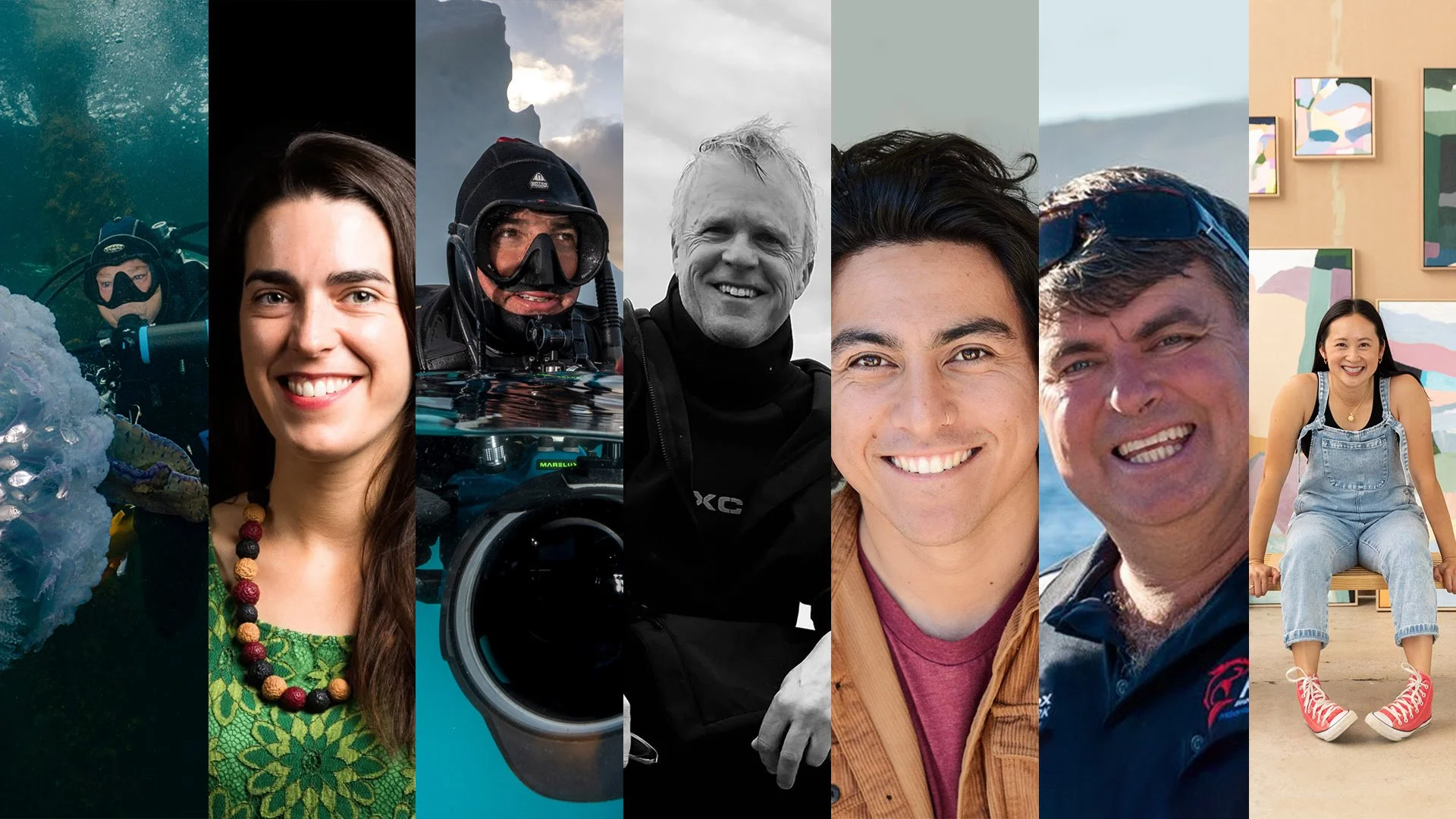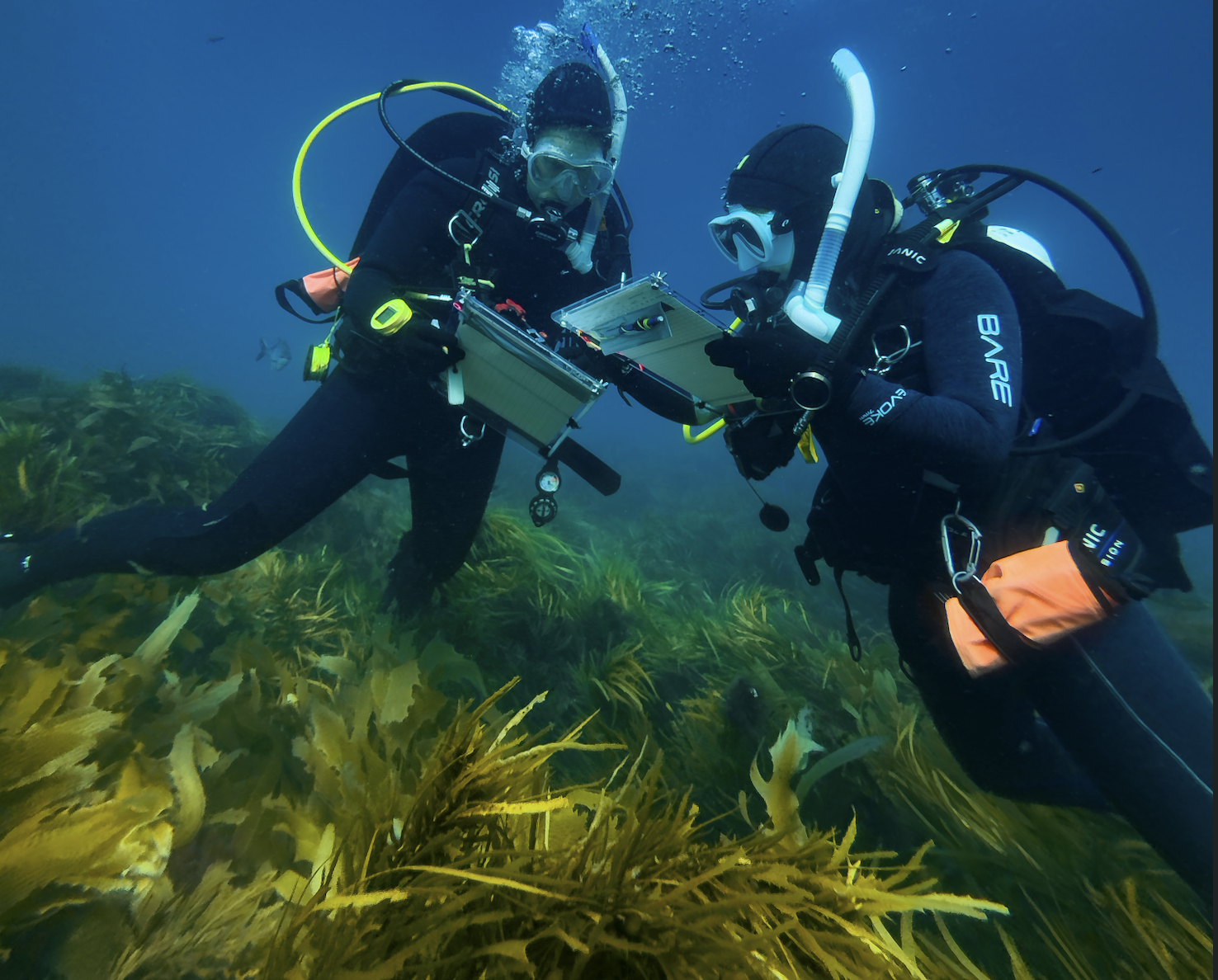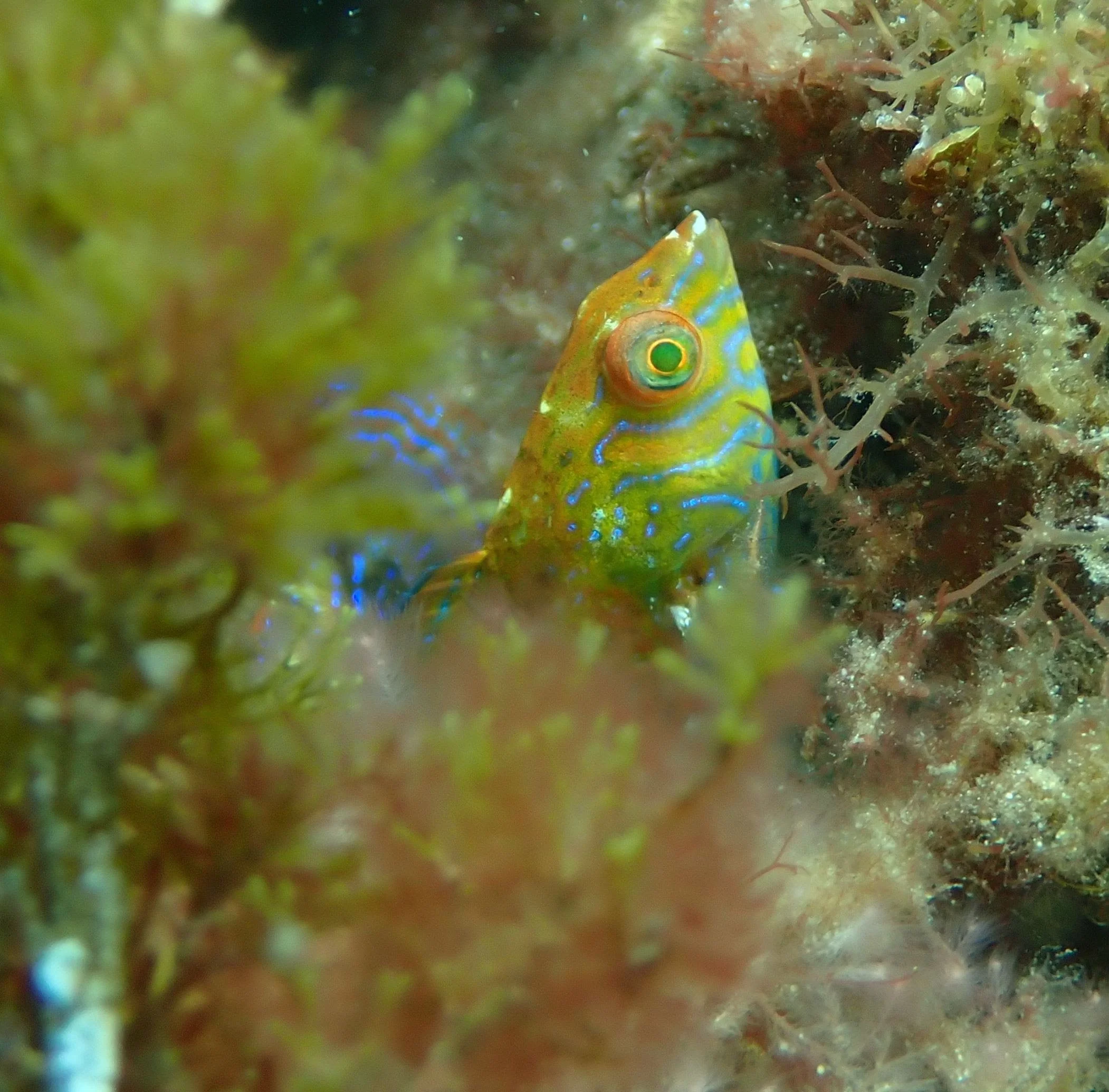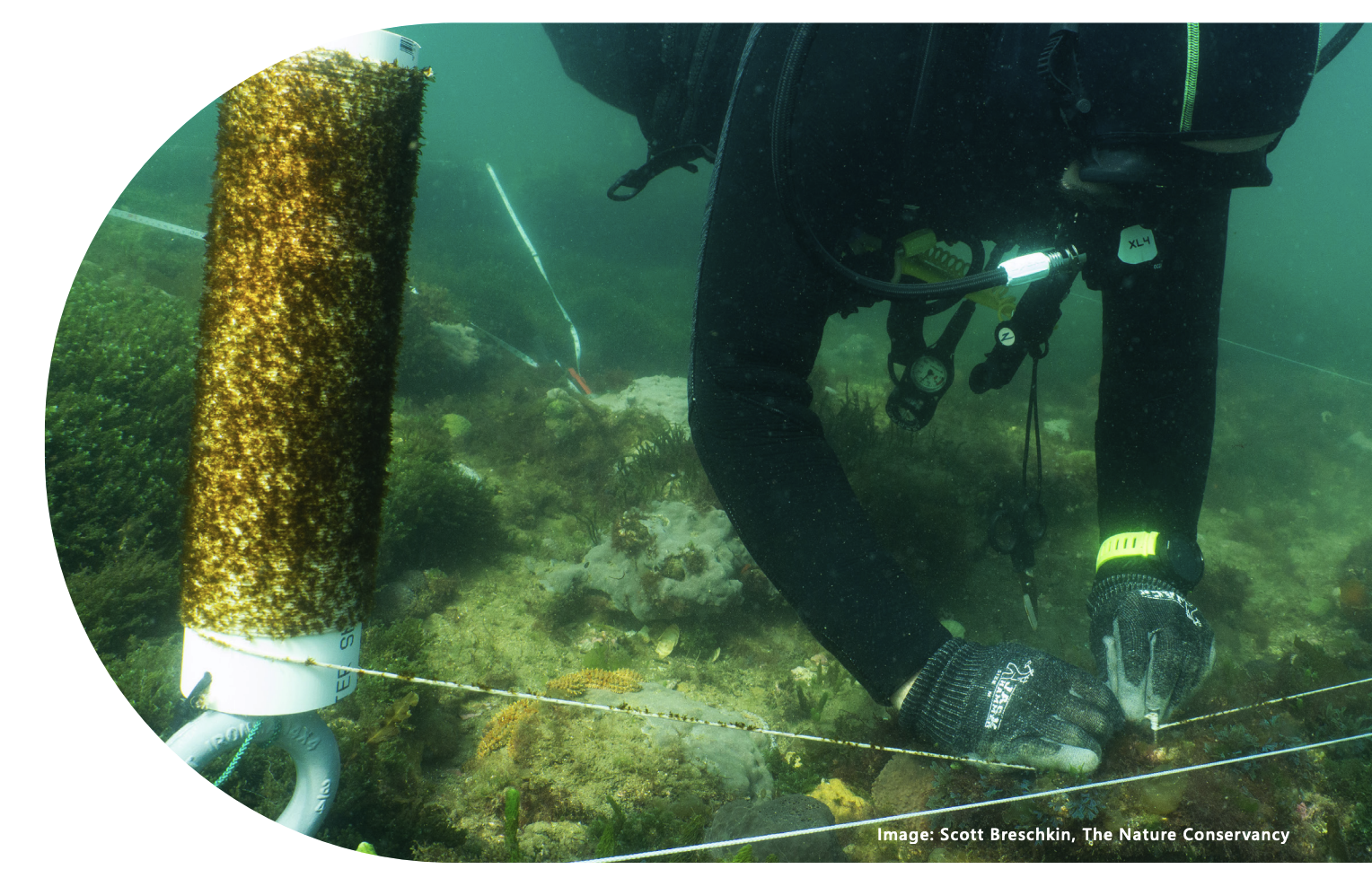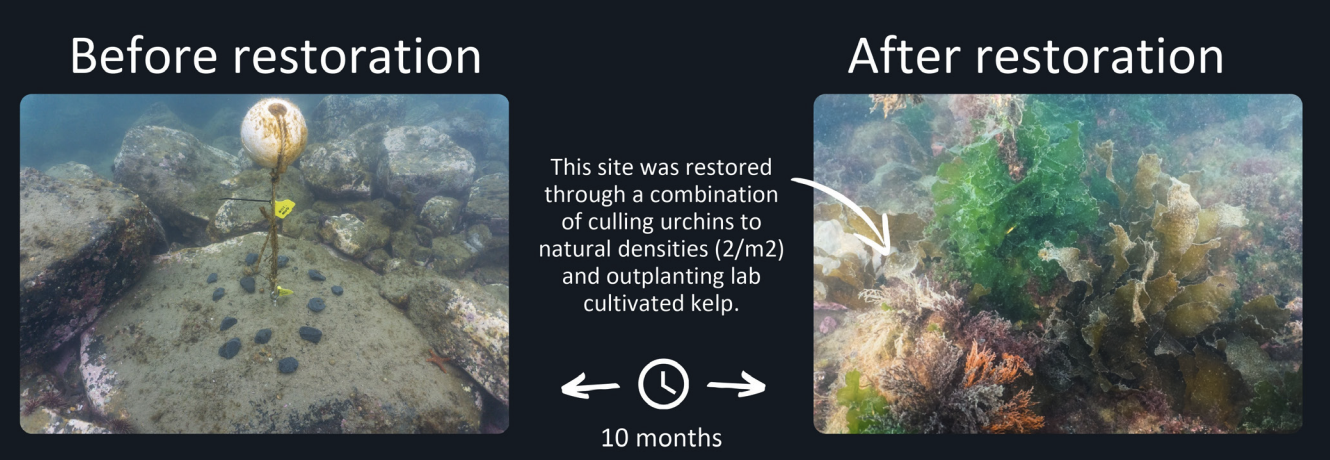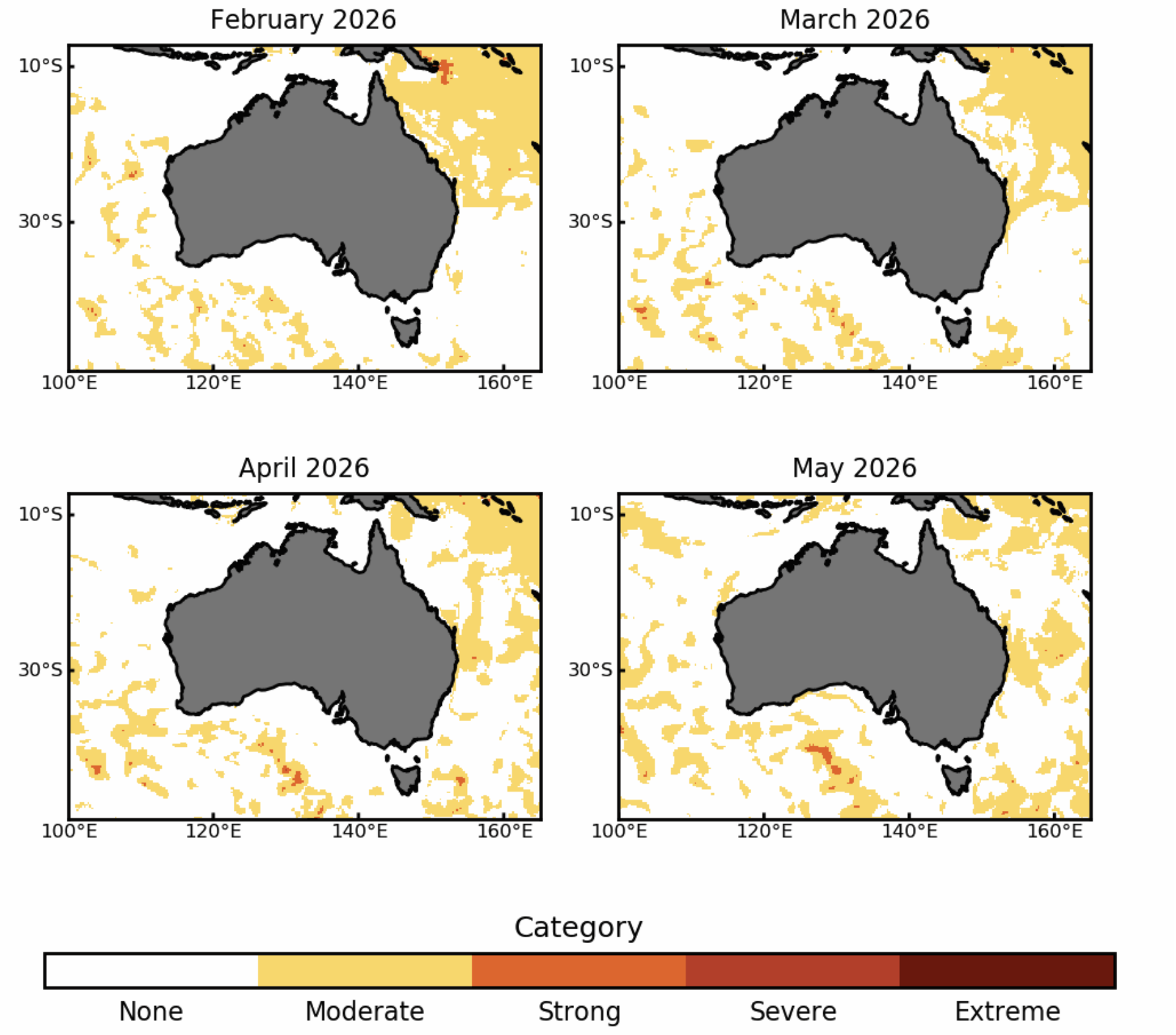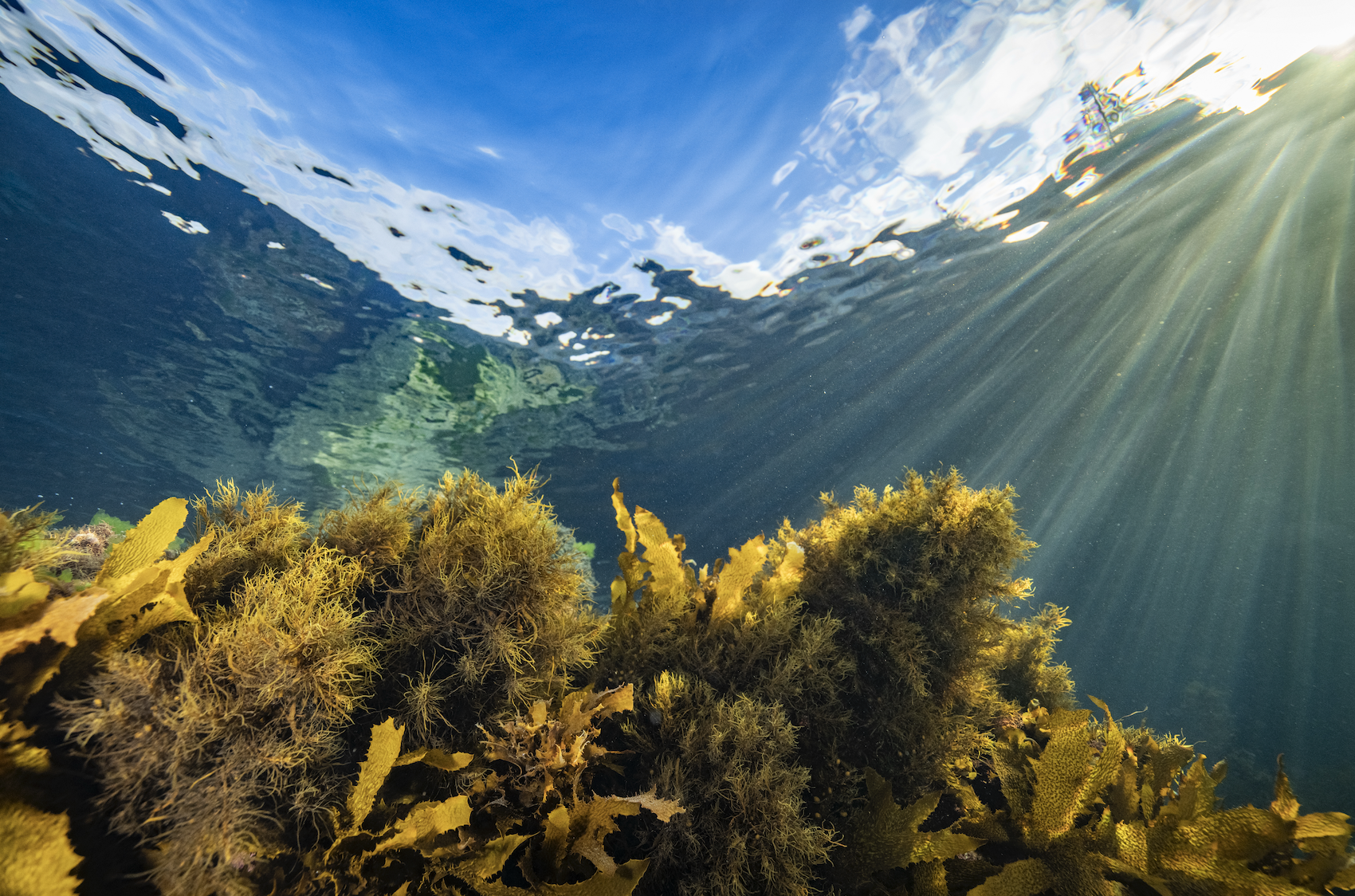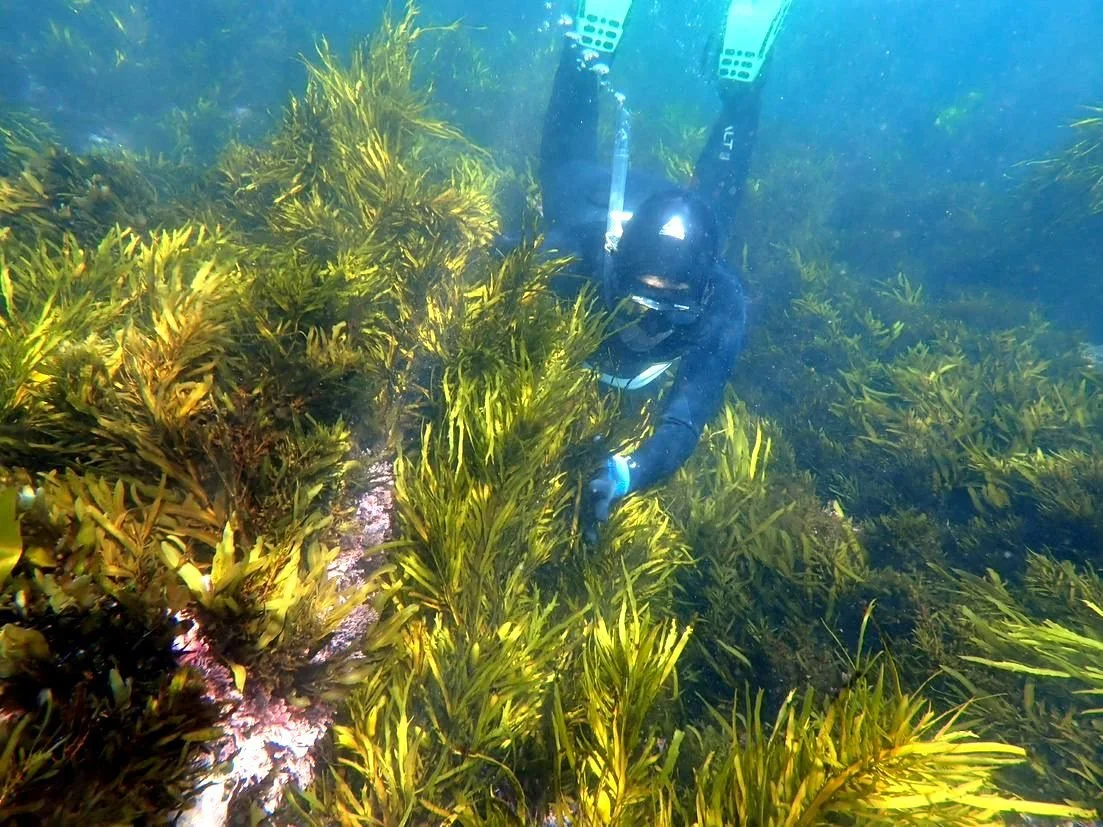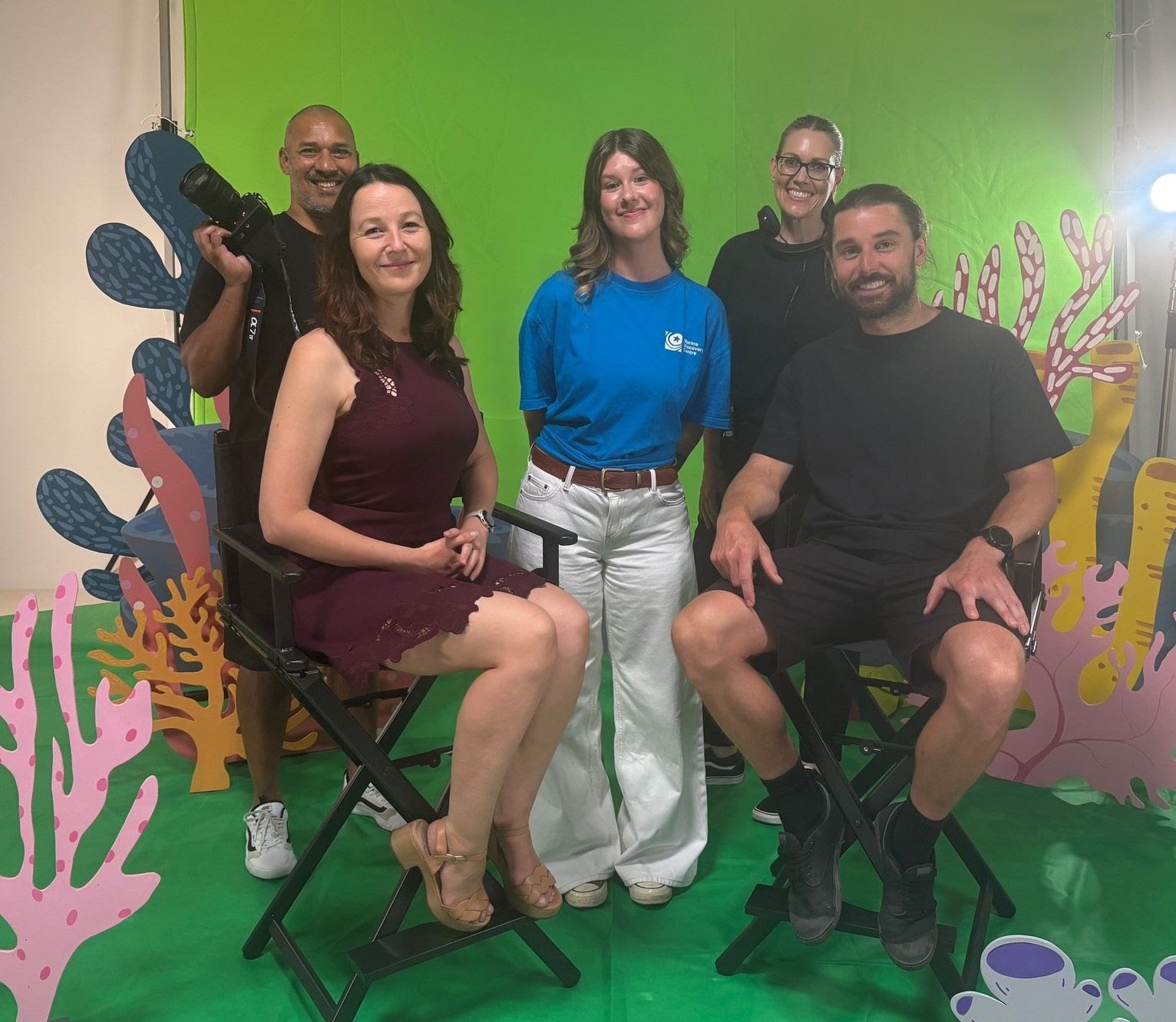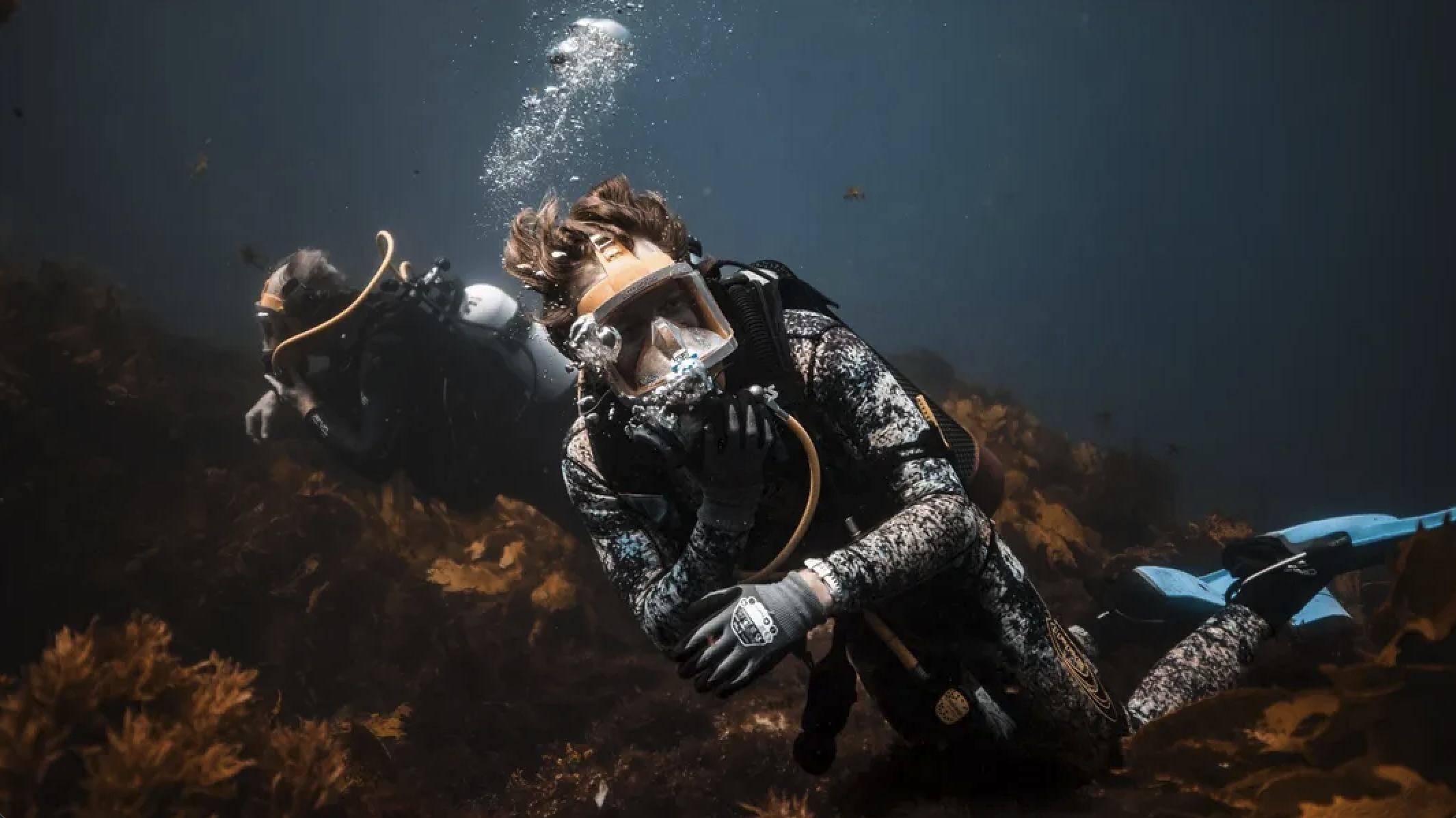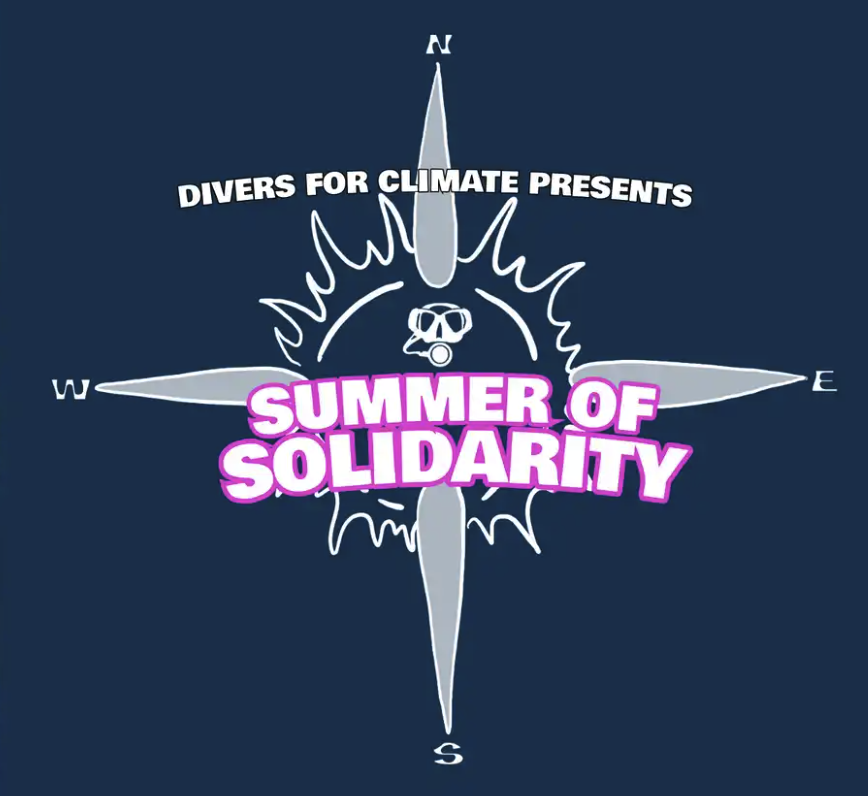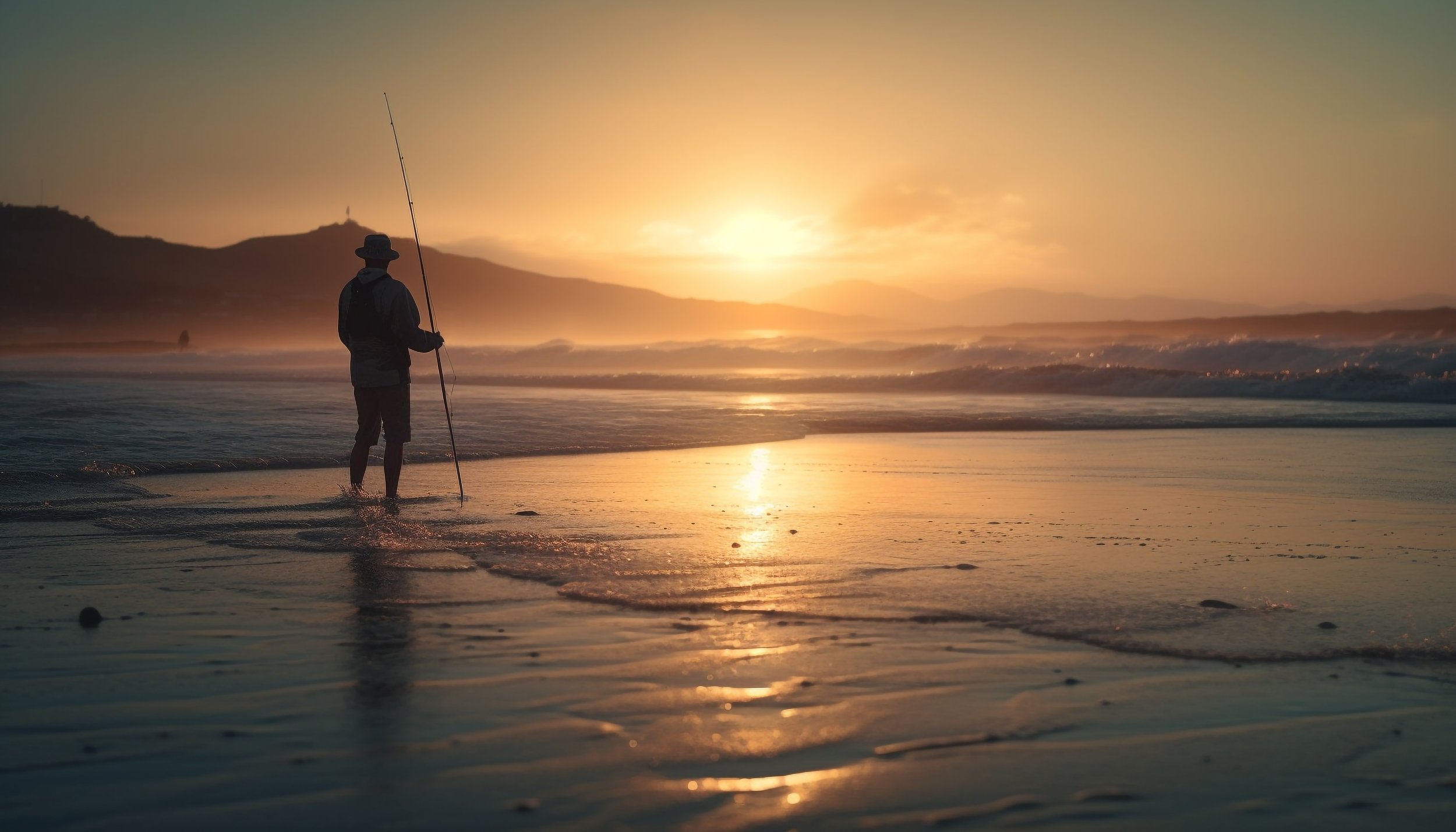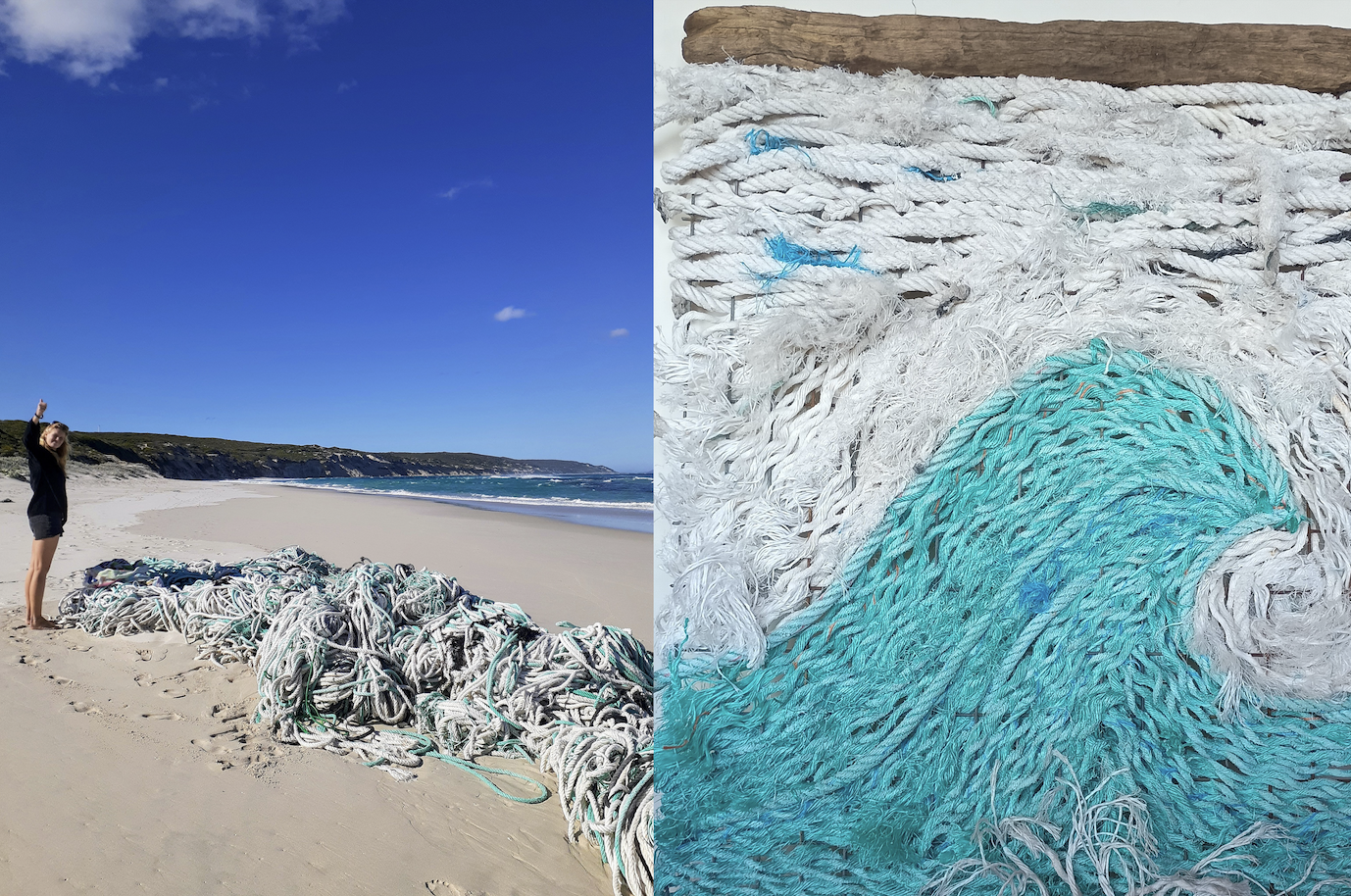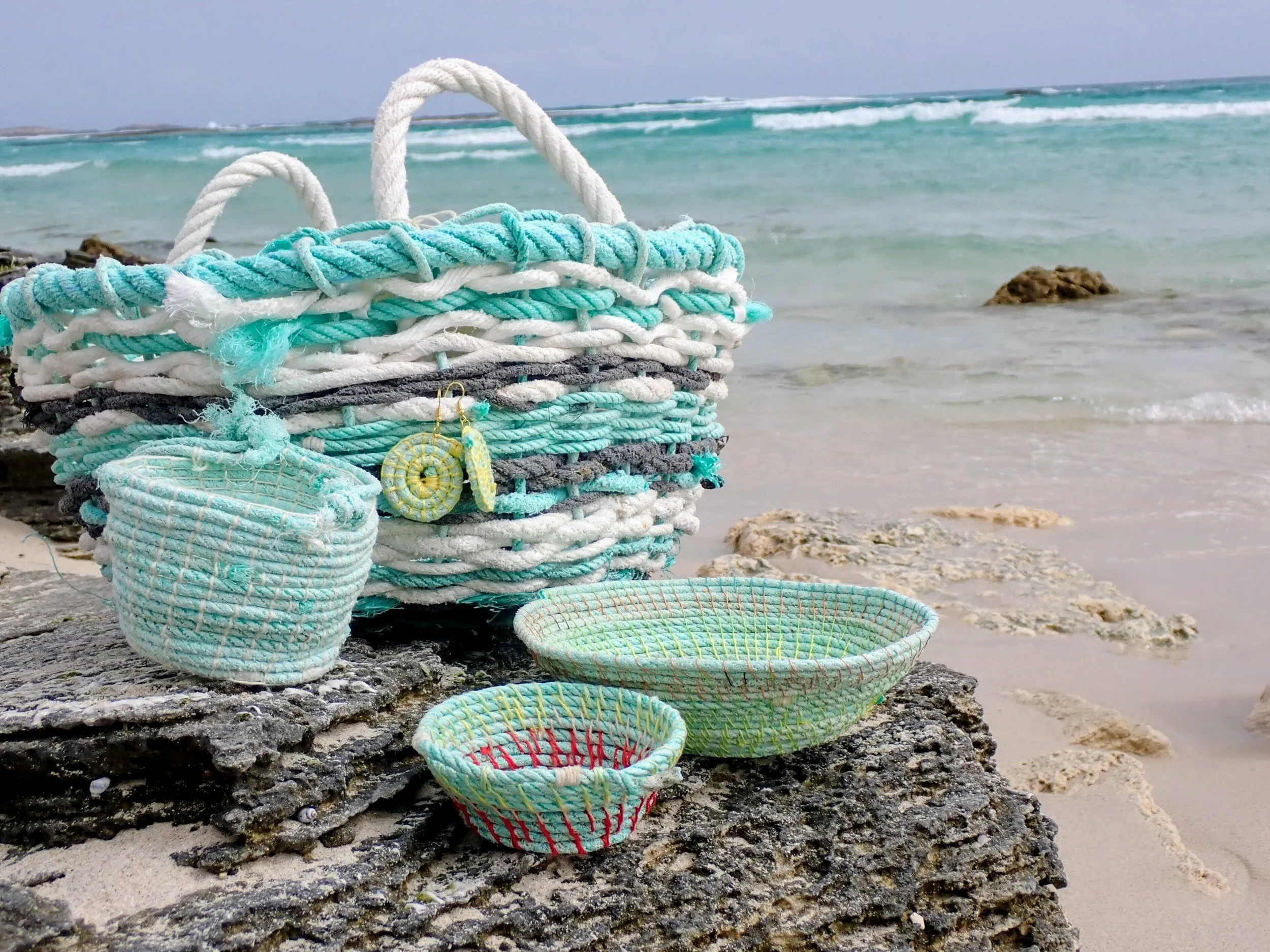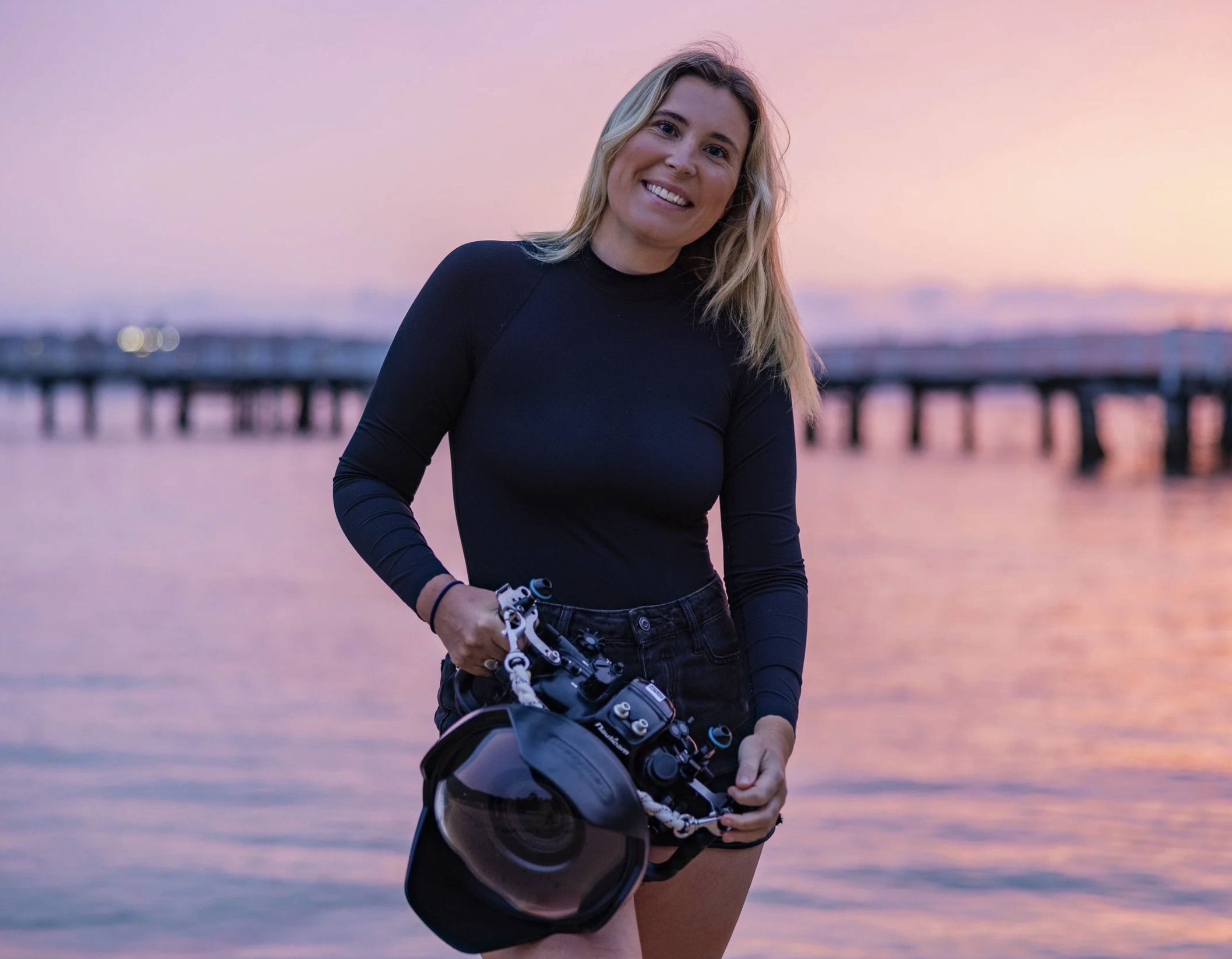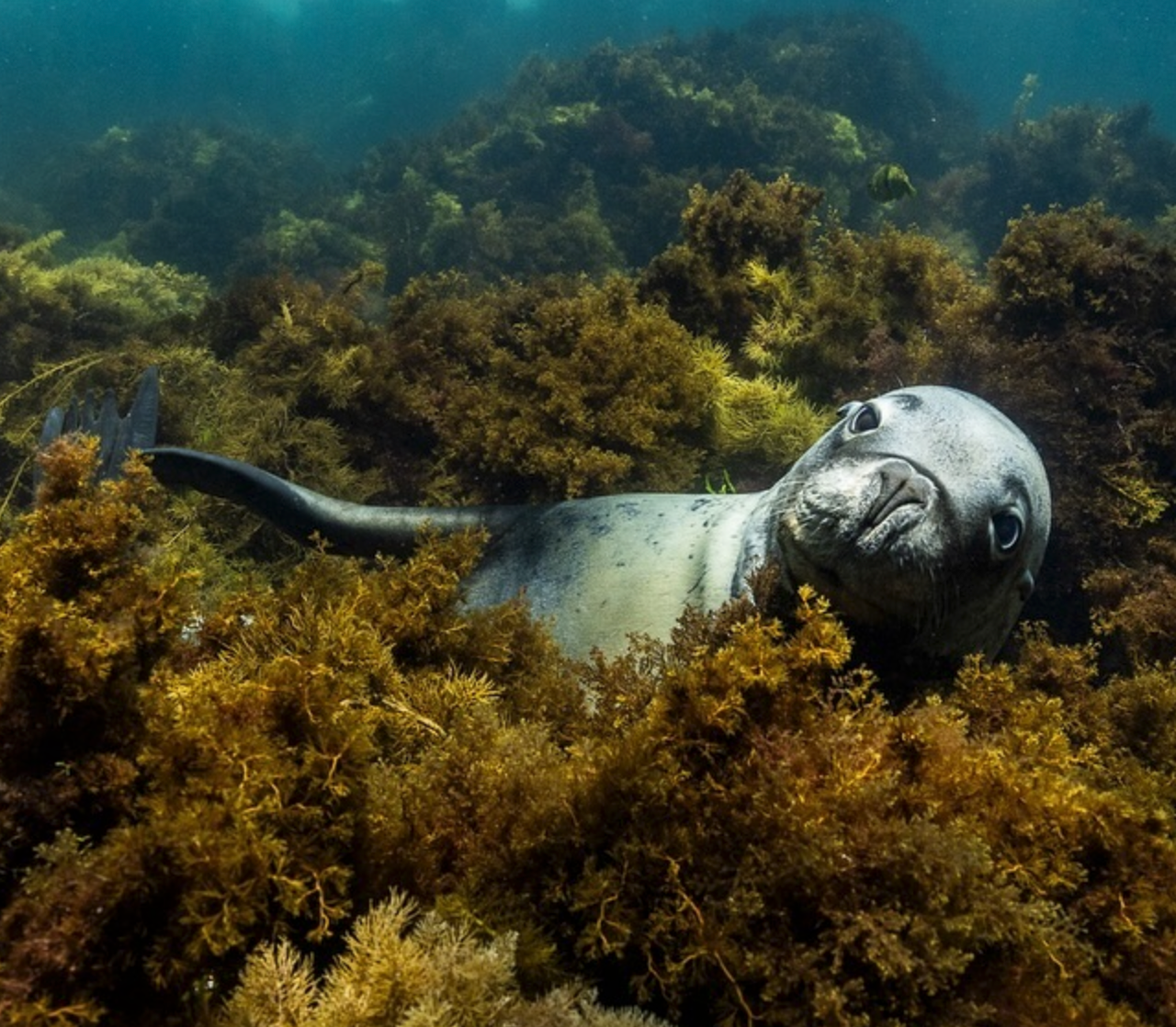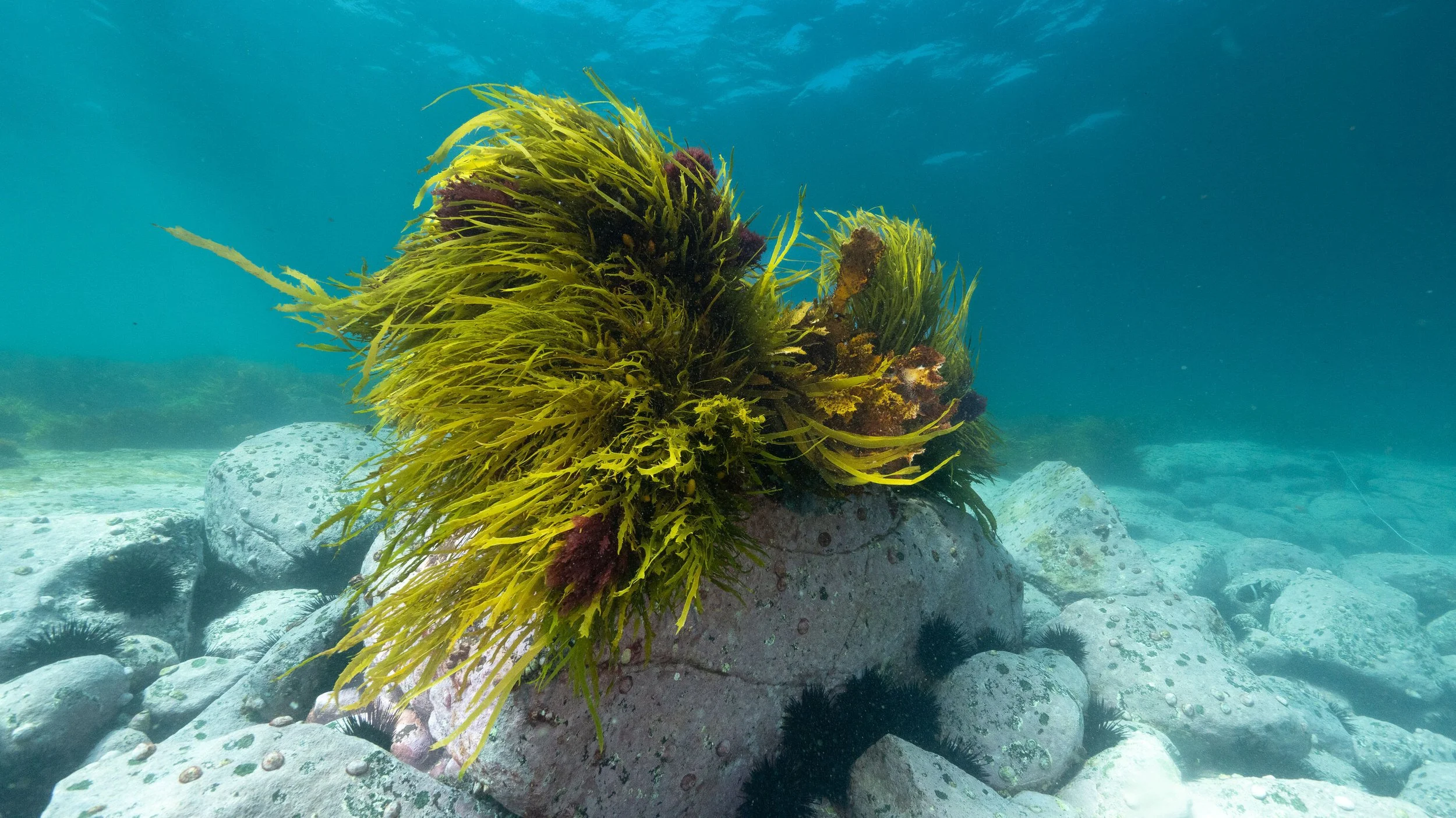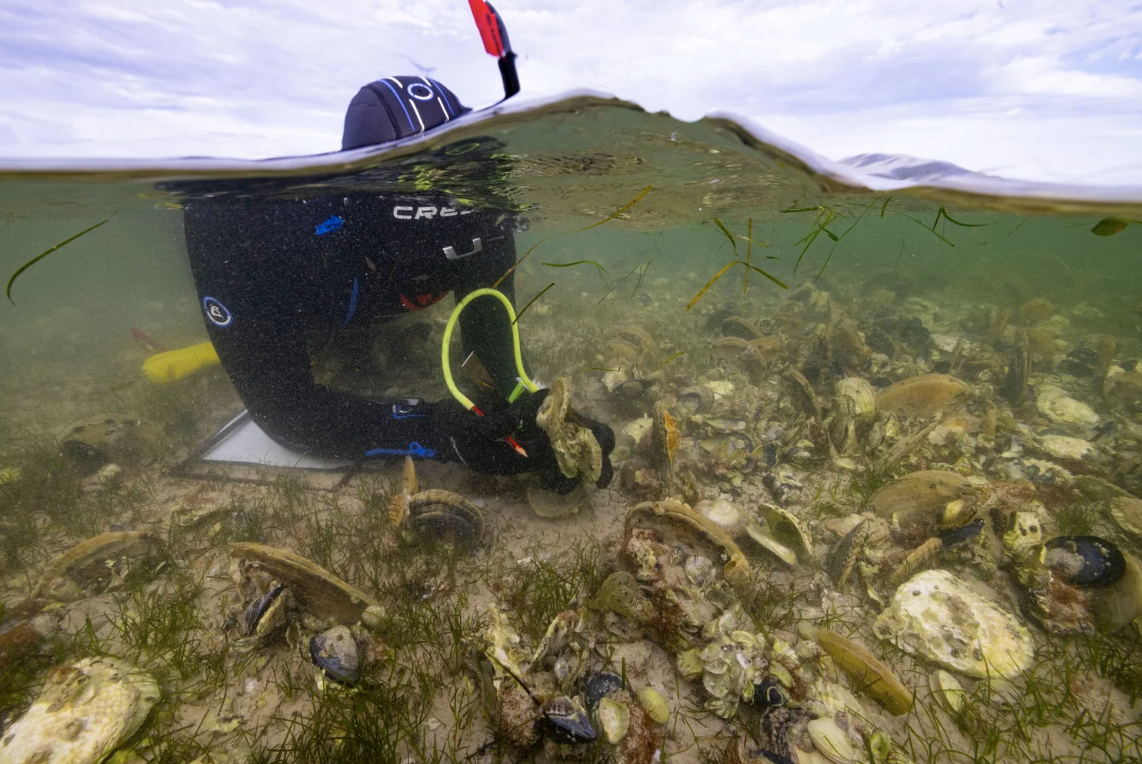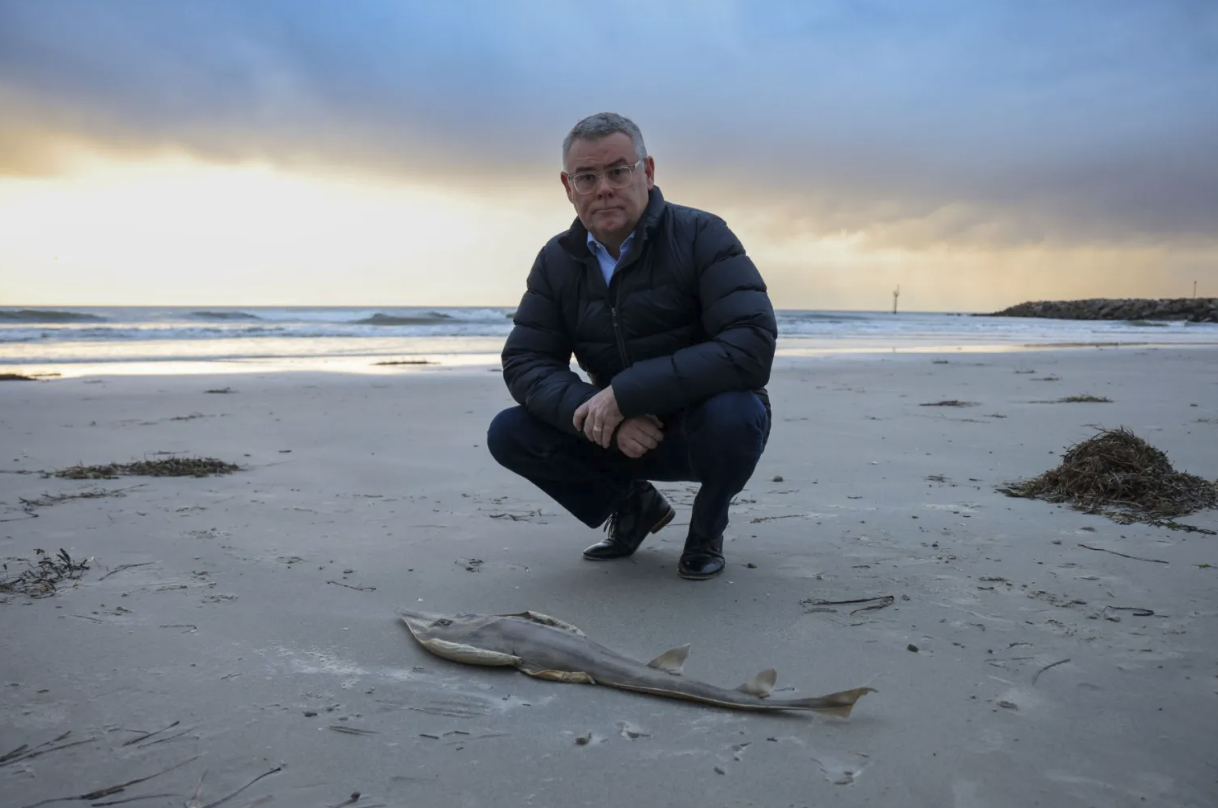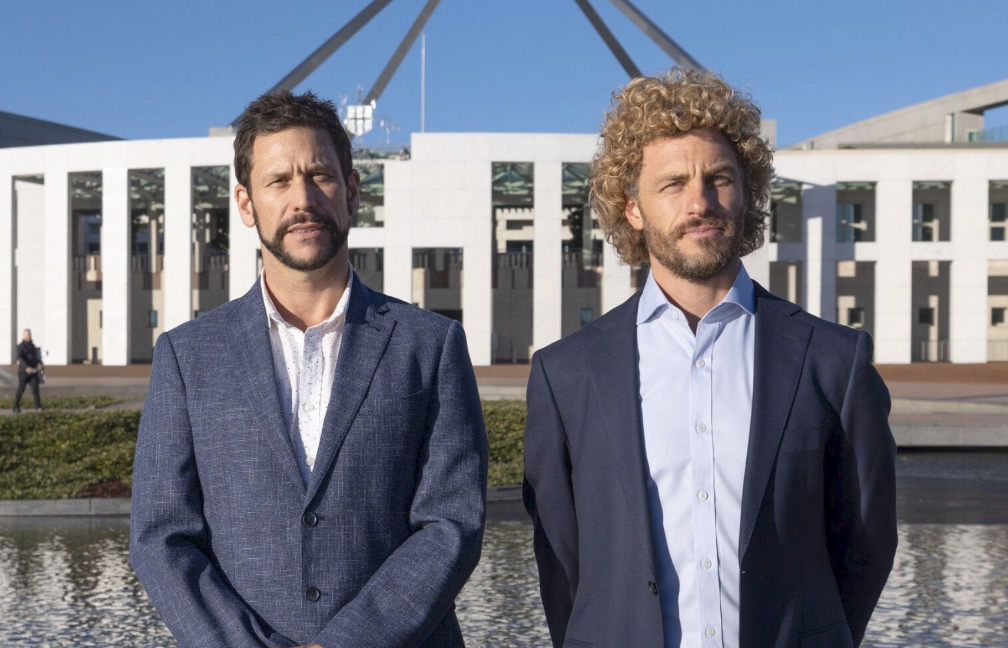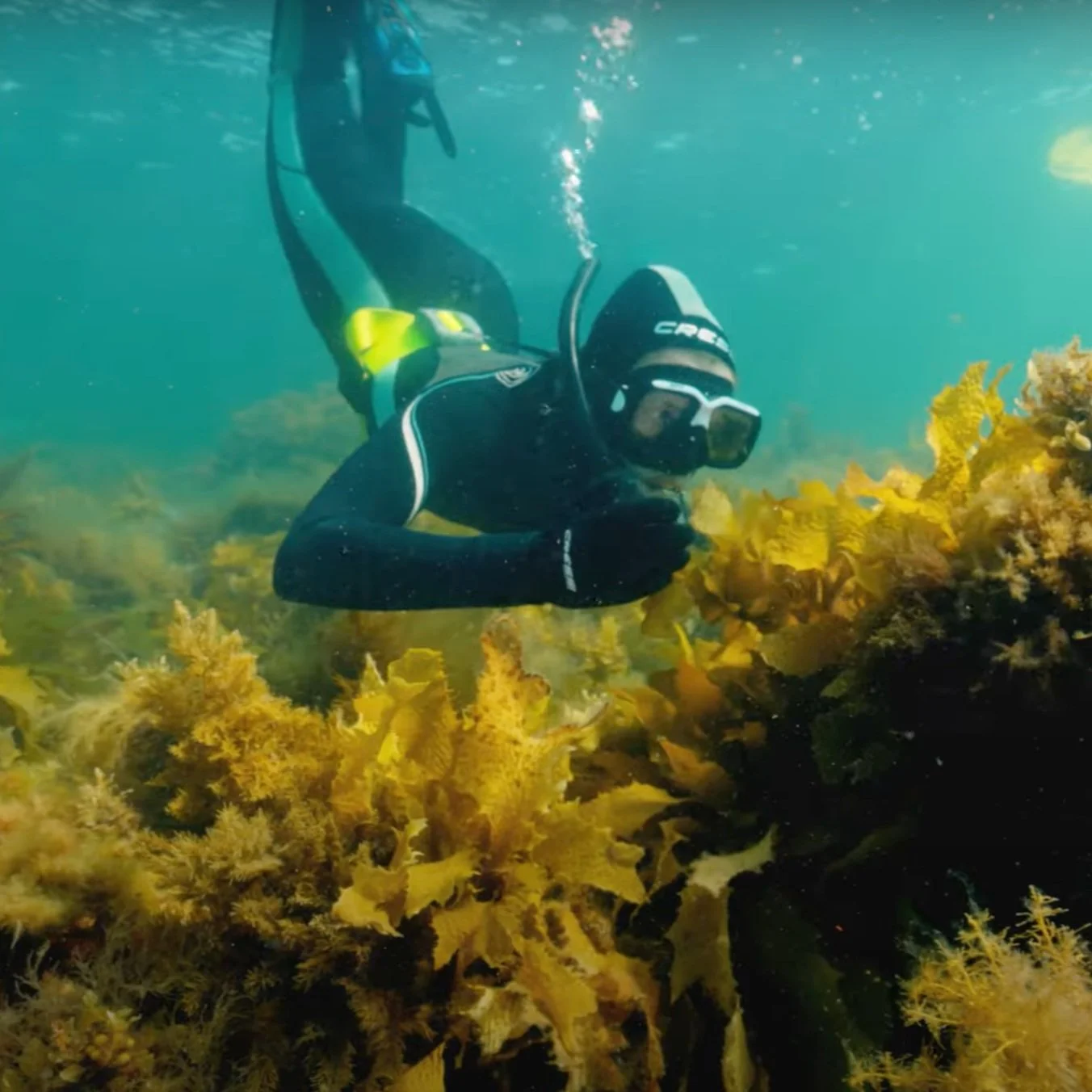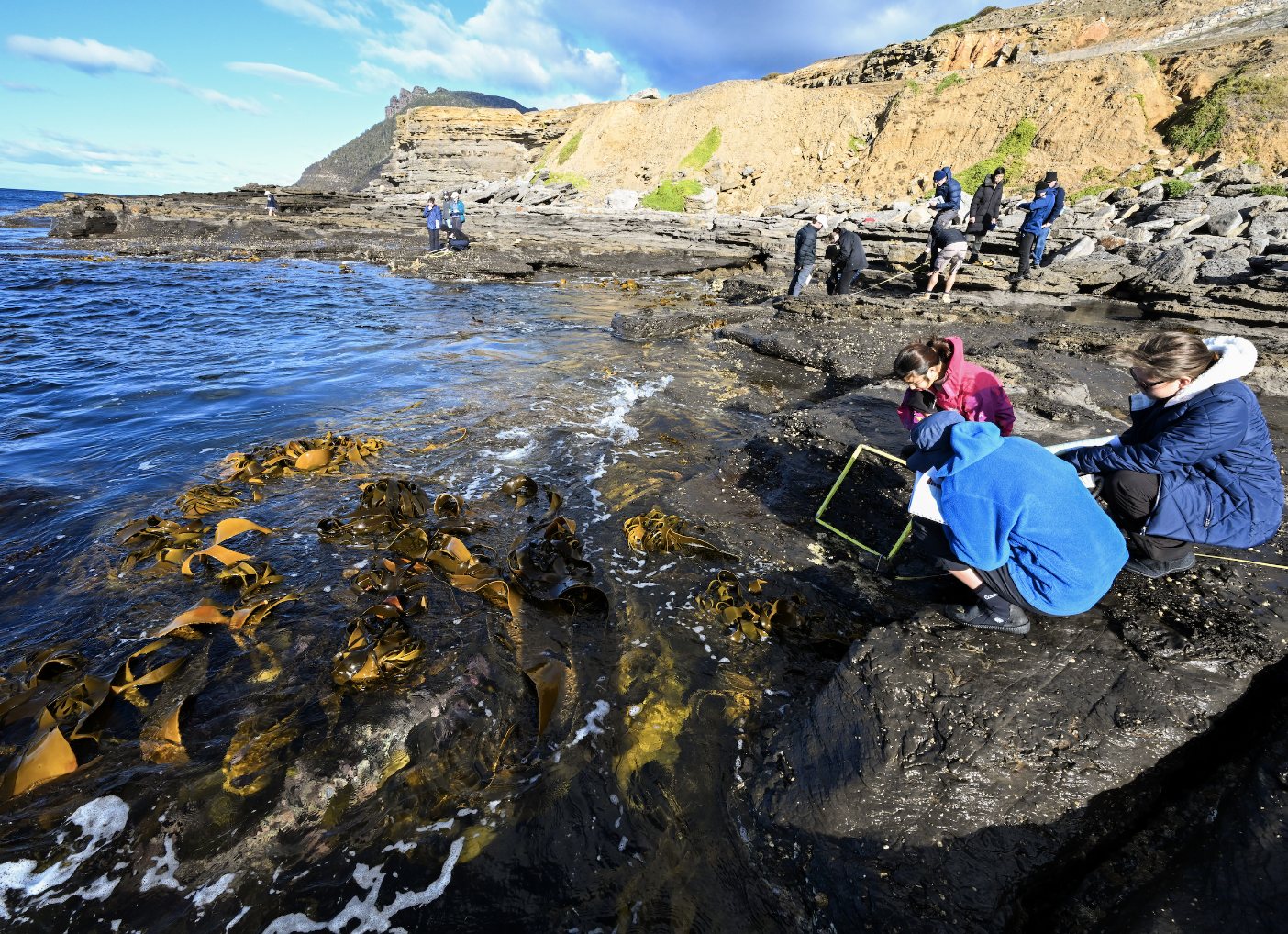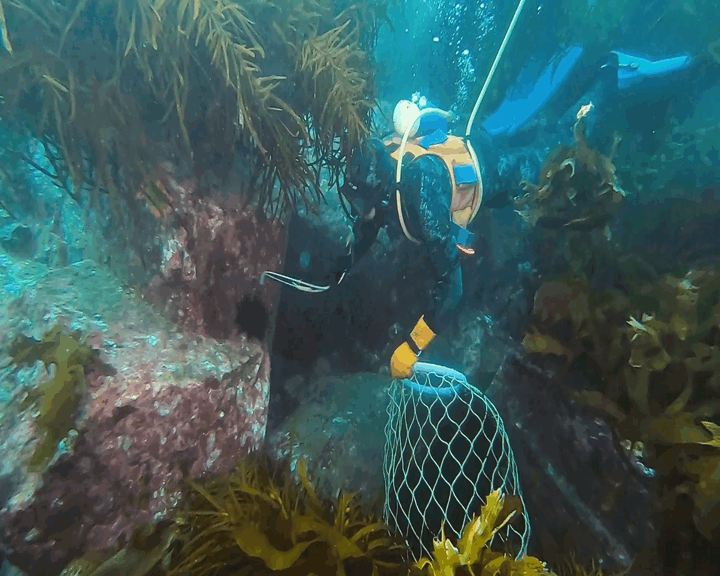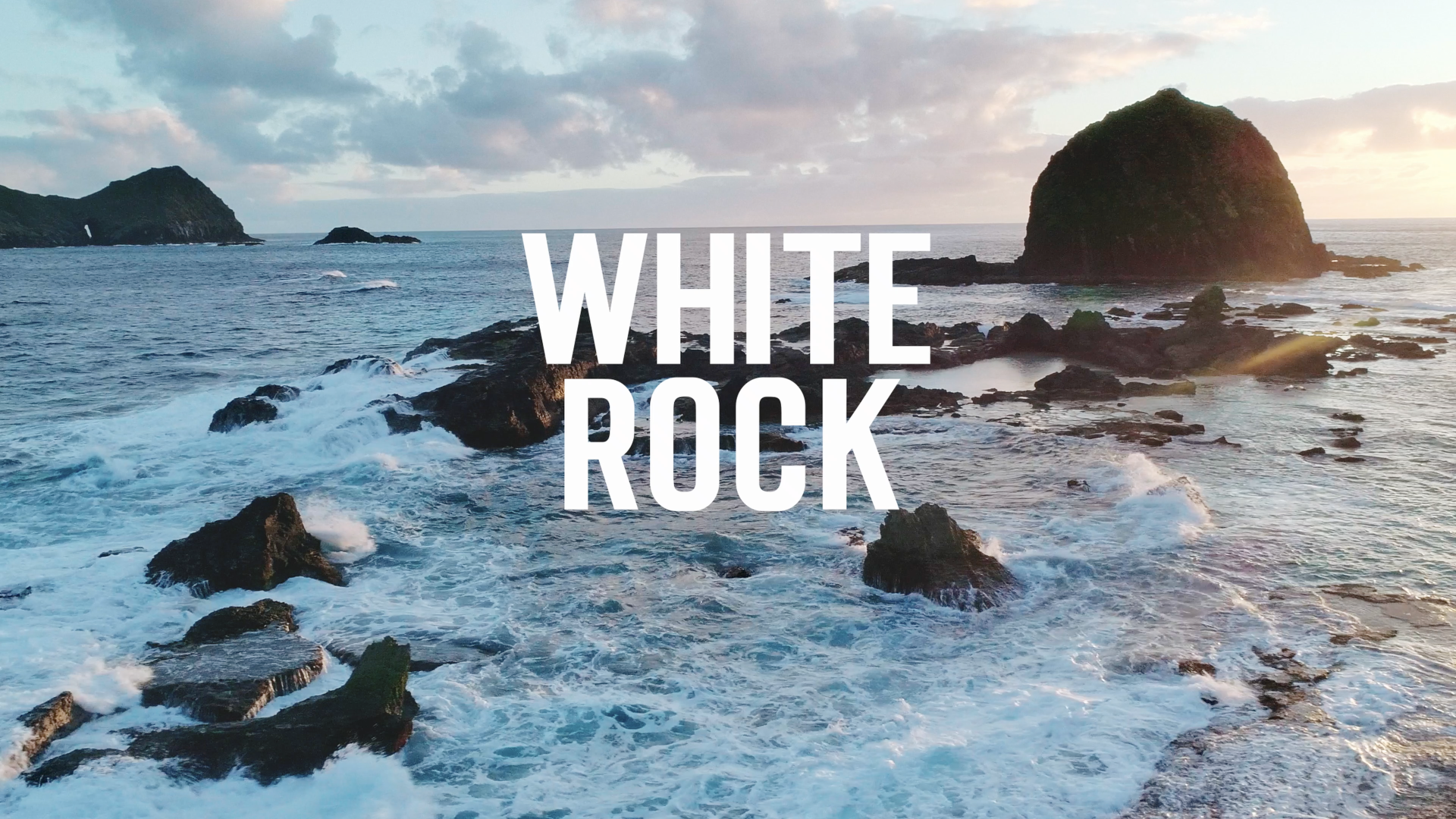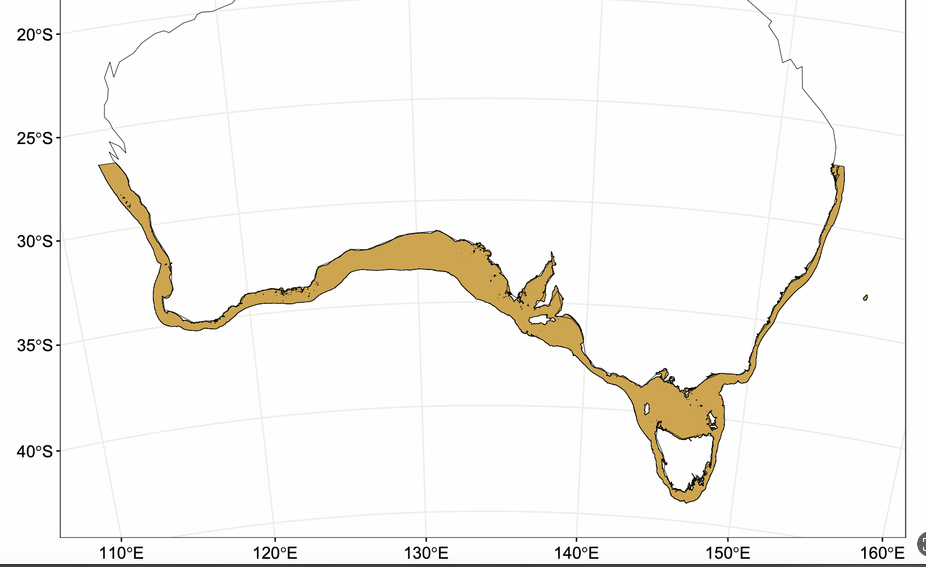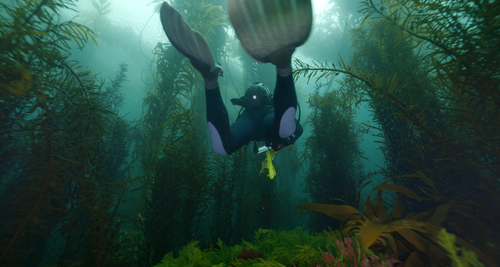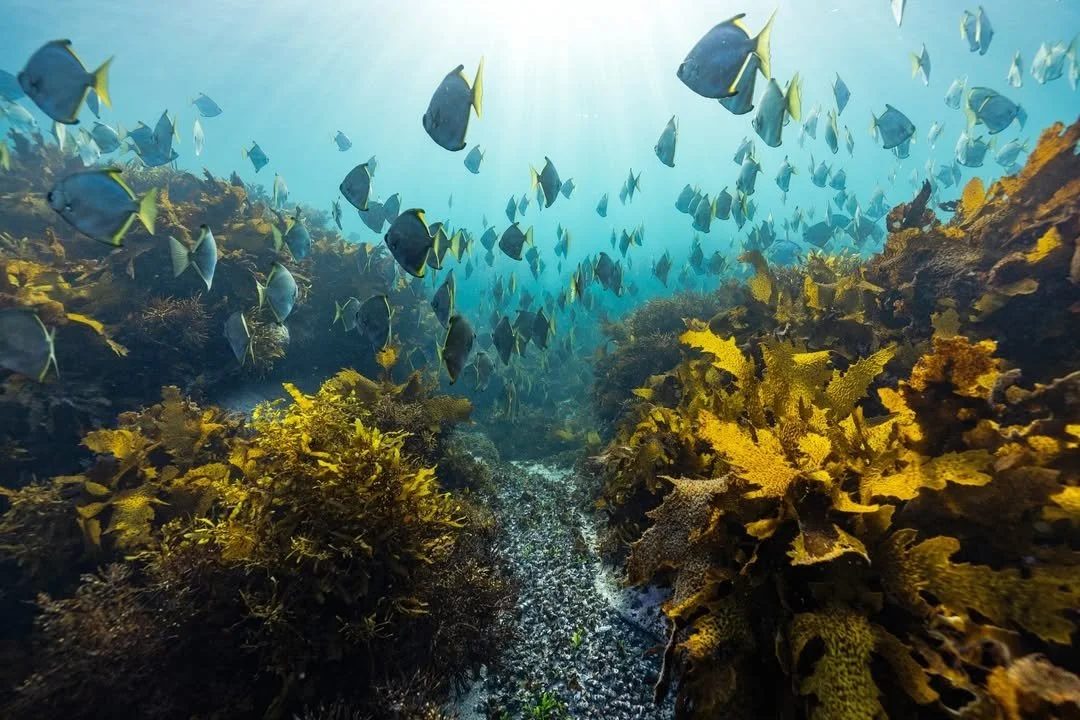
February 2026
This month’s update brings together hands-on action, new learning tools and the latest reef science from across the Great Southern Reef. It’s a packed issue, offering new ways to get involved, fresh resources for classrooms, and timely insights from researchers working across the reef.
Emma Johnston and Her Lasting Impact
We honour the life and legacy of Emma Johnston AO, a leading voice in Australian marine science and higher education. Emma was a tireless advocate for evidence-based decision making, inclusive research cultures, and the protection of Australia’s marine ecosystems, including our temperate reefs. This short tribute reflects on her influence, leadership, and the many people and places shaped by her work.
Eat An Urchin
With longspined urchin season in full swing, we have launched our new Eat an Urchin page to help you find out how and where to get your hands on urchin.
You will find simple recipes, chef collaborations, and clear guidance on sourcing urchin responsibly. If you have been curious about eating urchin but didn't know where to start, this page is for you.
Devilled Urchin Eggs by Tony Moss. (Get full recipe here)
Explore the page, try a recipe, and help support healthier kelp forests along the Great Southern Reef. We also have some fun Eat an Urchin stickers available.
White Rock School Resources
The White Rock documentary is now live for schools on ClickView, giving educators an engaging, locally grounded way to explore kelp forests, climate change, and the longspined urchin issue with students.
The White Rock educator kit for secondary classrooms is also now available via the GSRF Educator Hub, with ready-to-use lessons and activities designed to plug straight into science and geography programs.
White Rock card decks are now available via the GSRF shop
To support hands-on learning, White Rock card decks are available through the GSRF shop, and there are limited numbers of the new 1.8 m full-size Urchin Board Game available free of charge, developed by Natural Resources and Environment Tasmania, with registrations of interest now open.
SA Competition Final Weeks
There are only weeks left to enter the South Australian Reef Resilience Photo and Art competition. This is your chance to have your work professionally displayed, connect with a national audience, and be in the running for over $15K in prizes, including luxury accommodation, dive and coastal experiences, trips, gear, wine and more. Full prize details are on the website.
If you have been looking for a reason to plan a last-minute trip to SA, this might be it. Conditions across the Fleurieu Peninsula and north-western Yorke Peninsula have been excellent in recent weeks, with calm days and clear water delivering standout opportunities for photographers, divers, snorkellers and coastal artists.
There is also a School Student Artwork category, and we are proud to be encouraging South Australian students in Years 3–9, to submit individually or class based works.
“ I’m looking for images that really stop you in your tracks. That wow factor matters.”
Meet the judges of the competition
Exhibition Opening Event
Winning photography, artwork and video entries will be showcased from 24–28 March at Port Noarlunga Arts Centre. The showcase opens with a public opening night on March 24 featuring a Welcome to Country, live music, guest exhibitor displays, artist and judge presentations, and a curated screening of short films.
Long-term marine park and biodiversity surveys are underway across the GSR for 2026. In January, UTAS divers joined Parks Victoria through the GSR Research Partnership for the 28th year of monitoring of Port Phillip Heads Marine Park.
28 Years of Monitoring Continues at Port Phillip Heads
Divers using Reef Life Survey methods for collecting data.
Image: Parks Vic
Port Phillip Heads offers a diverse and stunning array of reefs owing to the variety of habitats from sheltered bays, exposed reefs and high current flow. The team had excellent conditions and were treated to some stunning dives that contribute to marine park management and understanding the long term trajectories of species across the GSR. Big thanks to Michael Sams, Monique Bregman, Leah Dixon and the rest of the Parks Vic team.
A rare underwater observation has given researchers a genuine moment of surprise. While diving near Albany (WA), UWA divers sighted Braun’s wrasse, a small and colourful but highly cryptic reef fish that has been recorded fewer than ten times globally. The species was originally described in 1996 and had not been confidently seen in the region since a single sighting in 2009. Given the severity of recent marine heatwaves in south-west Australia, there had been growing concern the species may no longer persist locally.
Rare Reef Fish Rediscovered
Braun’s wrasse is less than 7.5 cm long and lives within complex seaweed habitats, making it very difficult to detect. Even during this dive, the individual was lost from view after a short time and could not be relocated despite an extended search.
This sighting reinforces the value of sustained, long-term SCUBA-based monitoring across the GSR. Small, overlooked species can easily be missed without regular in-water surveys, yet they provide important signals about reef health, persistence, and biodiversity. The discovery also highlights the skill of the dive team, with the initial detection made by Océane Attlan and later photographed by Albert Pessarrodona under challenging conditions. As climate change and other pressures increase, these observations play a key role in tracking what remains, what is shifting, and what still holds on.
Golden Kelp Cultivation Handbook
A new golden kelp (Ecklonia radiata) cultivation handbook is now available and it is a solid, practical contribution for anyone working on kelp restoration, research or aquaculture across the Great Southern Reef.
Produced through the Port Phillip Bay Golden Kelp Restoration Project, the handbook brings together two years of lab and field trials led by Deakin University, in partnership with The Nature Conservancy, Parks Victoria and the University of Melbourne, with funding from the Victorian Government.
Inside, you will find clear, step by step methods for cultivating golden kelp, guidance across the full life cycle from spores through to reef out-planting, and applied lessons from real restoration trials in Port Phillip Bay.
Importantly, the work shows cultivated kelp successfully attaching to reef and developing reproductive tissue within 12 months of outplanting across multiple sites. The handbook is free to access and designed to be actively used by practitioners.
Sea Change Australia
Sea Change Australia is a national platform sharing real climate adaptation stories from across Australia’s seafood sector. In this new article, we explore how people across Australia’s seafood sector are responding to change and show how you can contribute your own experience to help others learn what’s working.
New Marine Heatwave Forecasting Tool
Australia now has access to a new marine heatwave outlook tool that provides up to four months’ advance indication of the likelihood of ocean temperature extremes. Developed by CSIRO and the Bureau of Meteorology (BoM), the tool is designed to support awareness and preparedness for marine heatwaves.
For the Great Southern Reef, marine heatwaves have been linked to documented impacts including kelp forest loss, shifts in species distributions and broader ecological stress, with flow-on effects for fisheries, aquaculture and tourism. Improved visibility of heatwave risk is therefore an important input to planning and response across southern Australia’s temperate reef systems.
Since 2023, the Fisheries Research and Development Corporation (FRDC), in partnership with CSIRO and BoM, has delivered national marine climate briefings that interpret marine heatwave forecasts for decision-makers across fisheries, aquaculture and conservation management. These briefings focus on how forecast information can support preparedness, response and recovery. The new outlook tool complements this approach by making long-range marine heatwave forecasts publicly accessible, supporting planning and more informed decision-making.
New research highlights the value of long-term monitoring in understanding how kelp forests across the Great Southern Reef respond to climate extreme stresses. Drawing on three decades of kelp canopy data from the Australian Temperate Reef Collaboration, the study tracks real changes in kelp cover around southern Australia, and improves the understanding and predictions of species vulnerability under a warming climate.
“The ATRC dataset provides a three-decade view to observe the real-world changing states of kelp canopy cover,” lead author Jiaxin Shi from the University of Tasmania explains. Rather than relying on models or laboratory experiments alone, the research uses long-term field data to capture how kelp forests actually respond to marine heatwaves, revealing complex and dynamic patterns that shorter studies cannot detect.
Decades of Data: How Heatwaves Reshape Kelp Forests
“Changes in these populations can act as an early warning signal that conditions are approaching species’ ecological thresholds.”
The research demonstrates how extreme warming events shape how sensitive and vulnerable kelp populations are across different regions. By linking three decades of canopy observations with marine heatwave metrics, the study shows that kelp responses can be abrupt, and that real-world impacts can appear at smaller thermal anomalies than expected from experiments or models. Warm-edge kelp populations respond most strongly, making them an important signal of rising risk. For managers and communities, this reinforces the importance of targeted, long-term monitoring to spot emerging risks early and support locally informed decisions as marine heatwaves become more frequent and intense.
Heatwaves and the Hidden Bottleneck to Reef Recovery
Crayweed (Phyllospora comosa) forests are a defining feature of the south eastern Great Southern Reef. These dense underwater forests create food and shelter for fish, invertebrates and other marine life, and help drive productivity on temperate reefs. Crayweed has a complex life cycle that includes a microscopic early life stage. Adult plants release gametes that fertilise and settle onto reef surfaces and grow into tiny juveniles before forming full-sized adults. Like seedlings on land, this early stage is highly exposed to environmental stress, making it a weak point for recovery after disturbance.
Lead author Catalina Musrri Fuenzalida freedives on a crayweed forest.
New research tested how crayweed’s early life stages respond to heat stress using controlled laboratory experiments. Germlings and young crayweed were grown at fixed temperatures to simulate different heatwave scenarios.
Strong marine heatwave conditions were set to 23 to 23.5°C, while extreme heatwave conditions were set to 26°C. Strong heat had little effect on survival, but extreme heat caused very high mortality, with around 70 to 80% of young crayweed failing to survive. Some individuals from warmer regions performed slightly better, suggesting limited heat tolerance within populations.
“The findings suggest there may be a thermal threshold for crayweed recruitment” said lead author Catalina Musrri Fuenzalida. “When temperatures exceed this limit, survival drops sharply at the earliest life stages, preventing maintenance of populations even when adult plants persist.”
This research highlights that future restoration and management efforts need to account for extreme marine heatwaves, not just the loss of adult crayweed forests.
“When temperatures exceed this limit, survival drops sharply at the earliest life stages.”
GSRF's Creative Director Stefan Andrews recently joined the team at Marine Discovery Centre in SA to film a new Porci’s Ocean Patrol episode focused on algal blooms. The project brings clear, current science into a format built for South Australian students and the wider community.
In The Studio
Stefan Andrews (right) took part alongside University of Adelaide marine ecologist Dr Zoe Doubleday (left), student scientist Annika Scott Jonsson (centre) as well as Rody and Kylie from Fastbreak Films.
The episode blends expert insight with Porci’s curiosity, followed by a student friendly Q&A. The finished film will launch with curriculum linked classroom resources, designed to support teachers and spark informed conversations about ocean change across the Great Southern Reef.
World’s First Live Underwater Podcast
Tune into the world’s first live underwater podcast on 27 February (10am AWST | 1pm AEDT), broadcast directly from Rottnest Island to mark World Seagrass Day. Hosted by Paramount Importance and science communicator Kurt Krispyn, the livestream places marine scientists on the seafloor in scuba gear, speaking in real time while a 4K underwater camera streams the dive live to classrooms and the public.
Image: Ryan Chatfield
Viewers can submit questions during the broadcast, relayed by the topside host to divers for real-time responses from the scientists. Aimed at high school to undergraduate audiences, the session explores seagrass ecosystems, ocean currents, climate change and coastal erosion, human impacts, field research methods, and career pathways in marine science.
To watch live, tune in to Paramount Importance on Instagram, YouTube, or Facebook.
Divers for Climate are holding a series of climate cafe events this year where people can hold space for, and connect with others, about climate-related issues. The Reef Grief Climate Café offers a gentle, facilitated space to share what’s on your heart, connect with others who care for Sea Country, and honour both the beauty and the loss unfolding across our Great Southern Reef and beyond.
Reef Grief Climate Café
This national initiative powered by Psychology for a Safe Climate (PSC) will activate a series of online Climate Café sessions throughout the year to nurture connection, explore ways to cope, and strengthen community resilience.
Recreational Fishing Stewardship Survey
Recreational fishers across Australia are invited to take part in a recreational fishing stewardship survey, led by the Fisheries Research and Development Corporation (FRDC) and the Australian Recreational Fishing Foundation.
The 20-minute online survey explores what motivates fishers, how they care for fisheries and aquatic environments, and how fishing experiences can improve over time. Participation is voluntary and anonymous, with the option to enter a prize draw offering tackle packs valued at $500, $300, and $200.
Your input helps inform future stewardship and management across systems connected to the Great Southern Reef and beyond. The survey closes 20th February 2026.
The 10 Mile Collection began after Michelle Crisp and her daughter Sam found a large tangle of discarded fishing rope on the beach at 10 Mile Lagoon near Esperance. What started as a beach clean-up became a community art project.
Ocean Art with a Purpose
With help from local volunteers and partners, the rope was removed, cleaned, and transformed into artworks and woven baskets. Workshops followed, sharing skills and keeping the story of marine debris front and centre.
Nearly three years on, the project continues. Each year, 100% of artwork sales and workshop fees are donated to a marine cause. In 2026, The 10 Mile Collection is supporting the work of the Great Southern Reef Foundation.
Feature Creator: Harriet Spark
This month's GSR feature creator is Sydney-based documentary filmmaker and photographer Harriet Spark. Originally aspiring to be a fashion photographer, Harriet discovered her true passion while working as a dive instructor.
“Filmmaking gives you the rare chance to understand perspectives and experiences you wouldn’t otherwise encounter. I always love learning about someone else’s place and perspective.”
Through her work, Harriet invites audiences to see the life of the Great Southern Reef up close and understand why protecting these fragile ecosystems matters now. This month’s newsletter cover image is by Harriet, drawn from her ongoing work documenting the Great Southern Reef.
more gsr news
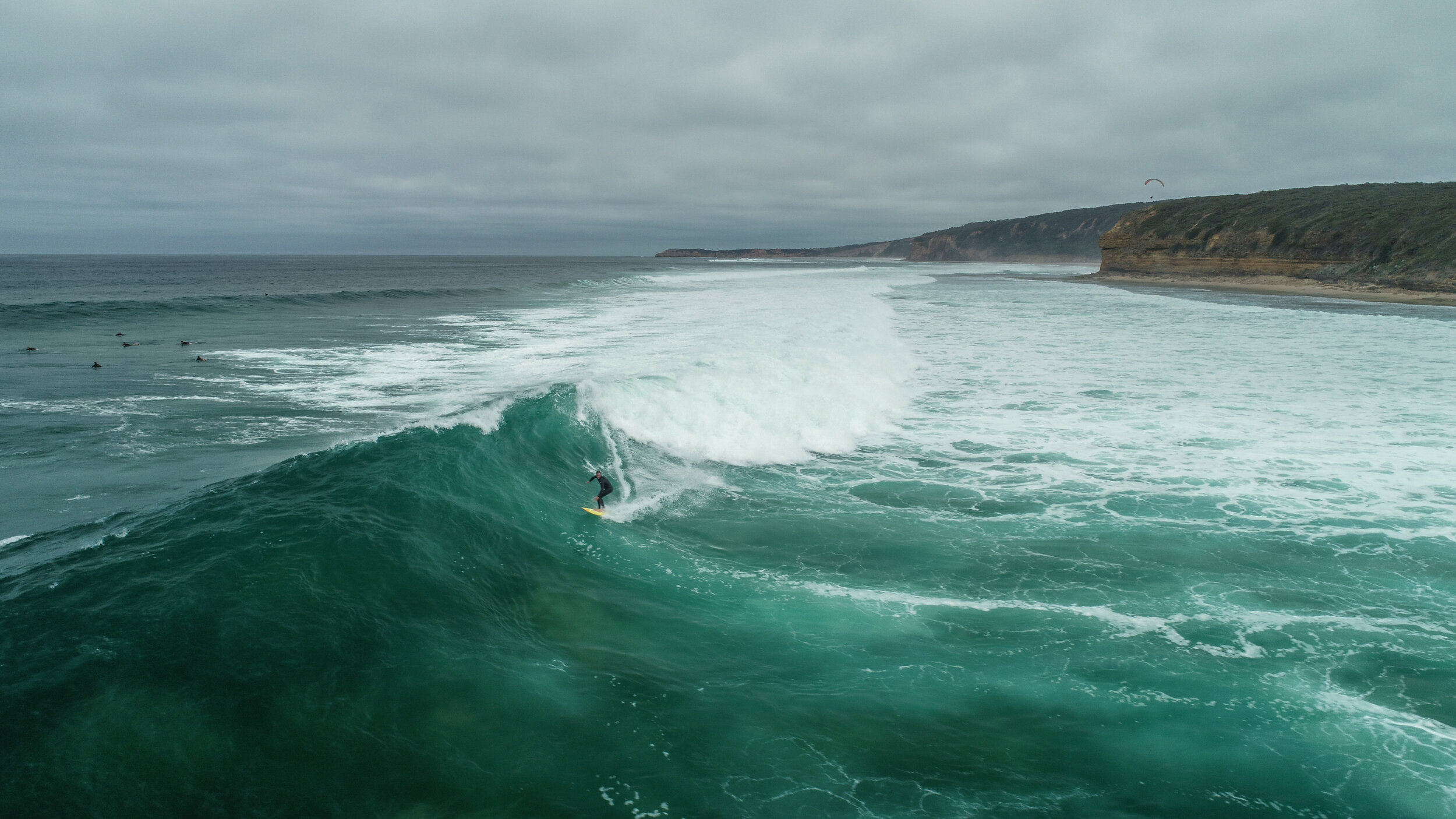
you may also like:




